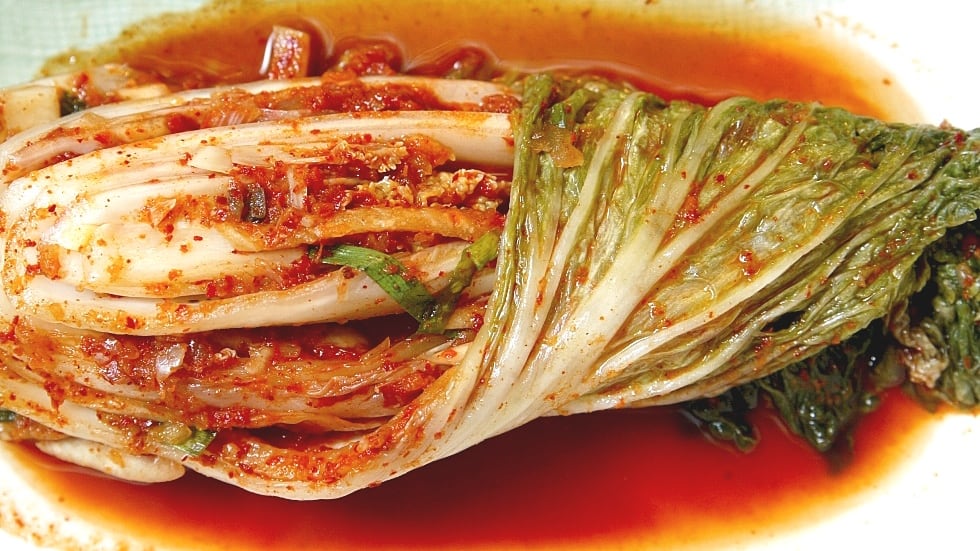Published in the journal Nutrients, the study from researchers in the Republic of Korea evaluated the effects of the Lactiplantibacillus plantarum LMT1-48 strain produced by Medytox Inc. compared to a placebo in 120 overweight participants.
They reported that the results support “the notion that probiotic-based therapies aimed at modifying the gut microbiota hold considerable therapeutic promise for reducing obesity.”
Probiotics for weight loss
According to the World Health Organization (WHO), the socioeconomic costs of obesity have more than doubled in the past decade, increasing at a faster rate than those related to smoking and alcohol consumption. Obese individuals face high risks of chronic diseases like diabetes, atherosclerosis, liver disease and cancer.
Losing as little as 10% of body weight has been found to lower cardiovascular and diabetes risks, and the probiotic Lactiplantibacillus plantarum has been shown to offer potential weight loss benefits.
In a previous animal study, the strain L. plantarum LMT1-48 demonstrated anti-obesity effects, inhibiting fat accumulation and reducing visceral fat in obese mice.
Effect of LMT1-48 supplementation
Medytox Inc. researchers recruited obese individuals between the ages of 19 and 69 with a BMI between 25 kg/m² and 30 kg/m² to consume either a LMT1-48 supplement or a placebo during a 12-week, double-blind, randomized controlled trial.
Those in the experimental group received 5 billion CFUs per day of LMT1-48, while the placebo group consumed maltodextrin capsules. Every three weeks, participants reported side effects, returned unused capsules and received refills to monitor compliance.
Results showed that the intervention group lost more weight than the placebo group. At six weeks, they lost an average of 0.90 kg, and at 12 weeks, 1.41 kg. In comparison, the placebo group lost 0.56 kg at 6 weeks and 1.13 kg at 12 weeks. BMI, arm, waist and hip measurements showed similar trends.
The experimental group also showed a significant reduction in body fat mass (1.6 kg) and body fat percentage (1.5%) over 12 weeks, while the placebo group experienced smaller reductions (0.7 kg and 0.4%, respectively).
Lean body mass increased slightly in the experimental group but decreased in the placebo group. The experimental group also showed greater reductions in visceral fat area, subcutaneous fat area and total abdominal fat, though the differences were not statistically significant. Blood biochemical markers showed no significant differences between the groups.
Fecal samples analysis revealed that LMT1-48 supplementation significantly increased microbial taxa such as Hafnia, Lactobacillus, Lachnospira and Phocaeicola_A_858004, which have been linked to obesity regulation.
Hafnia alvei has been associated with reduced body weight and food intake through satiety hormone modulation and Phocaeicola vulgatus may help reduce risk of obesity by reducing lipid absorption. Lachnospira, which is typically lower in obese individuals, increased with LMT1-48 supplementation.
“LMT1-48 has a therapeutic effect on collaborating in reducing obesity in humans,” the researchers wrote.
They noted however that as probiotics are reliant on consistent storage and intake, results can vary from person to person.
They added that since it is generally suggested that probiotics lose their effectiveness once users stop taking them, further research should investigate how long they are effective after discontinuing use.
Source: Nutrients 2025, 17(7), 1191; doi: 10.3390/nu17071191 “A 12-Week, Randomized, Double-Blind, Placebo-Controlled Study to Evaluate the Efficacy and Safety of Lactobacillus plantarum LMT1-48 on Body Fat Loss." Authors: S-B et. Al


